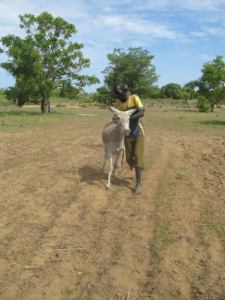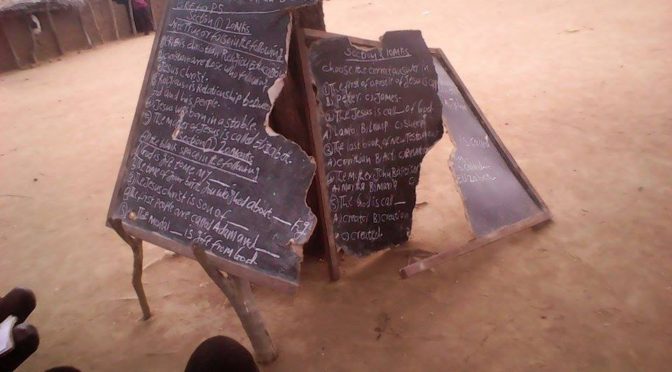One of the major things that struck us on the 2012 visit to South Sudan was the starved look of many people in the villages. In 2011, following the successful independence of South Sudan, many people returned to the villages from north Sudan where they had lived for decades. On their return they had to clear trees, build houses and farm land that they had not farmed for twenty or more years. On top of this in 2011 there were bad rains across the region which resulted in poor harvests. So while harvest only took place in November and usually by February people still have ample food supplies and are looking relatively healthy, this year people are already hungry and there is a clear sense that things will only get worse as the year draws on until the next harvest in November 2012. The number of people who are facing starvation is staggering and this is a famine that most of the world is unaware of.
Timpir is only a small development organisation that is not equipped to take on the sort of relief that will be necessary to stave off the famine. However, with our development caps on and through conversation and partnership with local community members a scheme was devised to try to reduce the labour intensiveness of cultivation and increase the outputs for a number of local families. It was decided that Timpir would provide the finance for the community to purchase 10 donkeys and ploughs (approximately $400 per set). We purchased 5 ploughs and 1 donkey while in Wäramoth and the balance of the money was left with the school committee to purchase the remaining 5 ploughs and 9 donkeys. These donkeys and ploughs will be given to families in need as determined by the school committee in each of the 10 ‘suburbs’ which surround Wäramoth. They will be given on a micro-loan basis where the $400 will be repaid to Timpir through selling a small portion of each year’s harvest over the next 3-4 years. Timpir will then be able to use this money to continue supporting additional families. It is also envisaged that some other more wealthy families in the area will see this farming technique and purchase their own donkeys and ploughs to assist with their farming.



